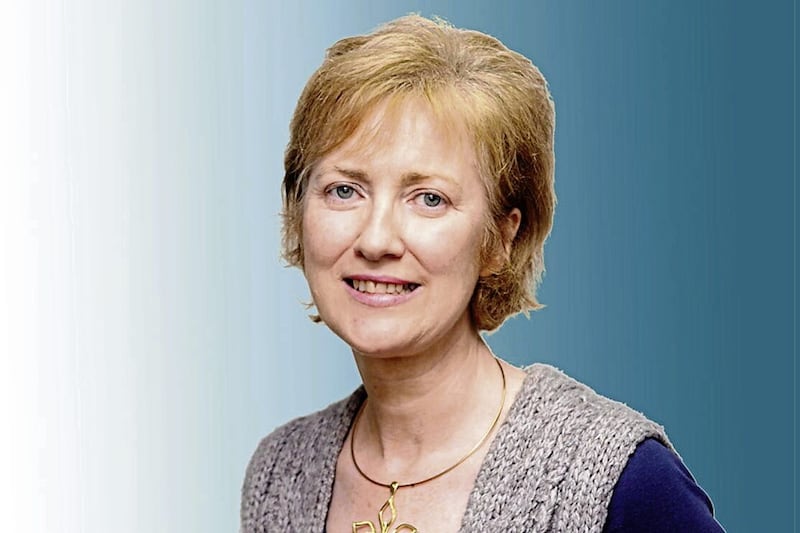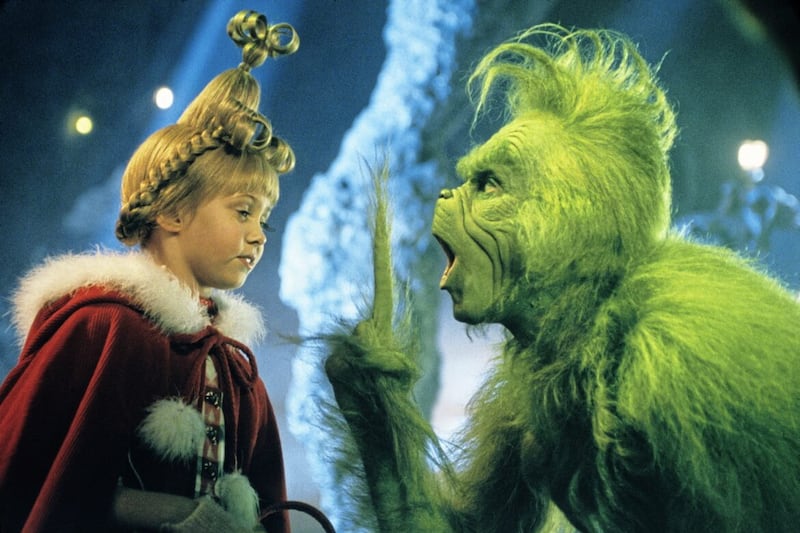Miles of print and days of sound and vision have been dedicated to the tragic death of singer Sinead O’Connor.
In death, she’s a musical icon… but it wasn’t that way when she tore up her mother’s picture of Pope John Paul II live on US television in 1992 - at a time just before all the scandal and abuse rocked the Catholic Church..
With all the tributes and fine words of the past fortnight – interlaced with that beautiful haunting ethereal voice – it was Irish laureate Colm Tobin who said it for Sinead O’Connor and for people like him – a gay man in Ireland at a time when the Catholic Church wielded so much power.
Speaking from America – the place he calls home and where he went, as he said, “for love” - Tobin has a groundedness and genuine wisdom about him.
“Her voice is personal, you can hear the pain,” he said. “But it’s not just the pain, I think there’s too much about the pain.”
She had, he said, courage, bravery, ferocity and a sense of mission.
Pope John Paul II was adored and revered in Ireland, he said. Tearing up that picture was an extraordinary moment that went against the grain.
She highlighted what would become the child abuse scandal in the Catholic Church.
It took Sinead, he said: “singing beautifully, but also making it clear that she would not operate under this particular power, the power of the church.”
Life is never short on surprises.
Nobel prizewinning geneticist Sir Paul Nurse has an intriguing story that ought to be a book.
In an interview with the Today programme – previewing Radio 4’s The Infinite Monkey Cage – he said that he was in his late 50s when he found out that the people whom he thought were his parents were his grandparents and that his sister was, in effect, his mother.
By then, all those involved had died.
He has two passports, one with the people whom he thought were his parents and one with his mother – who he thought was his sister – and a blank where his father should be.
Enter DNA detective and expert geneticist Professor Turi King.
He was waiting at Heathrow for a flight to Japan for a conference when she contacted him to begin her investigation.
Within 48 hours, he was sitting in a tiny hotel in Hiroshima and got an email saying that she thought she had found who his father was.
Life is so much stranger than fiction.









